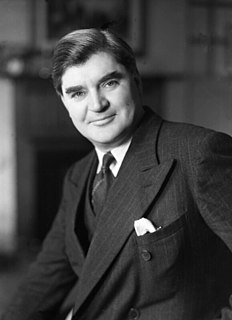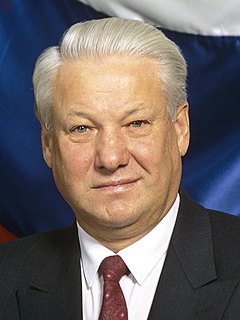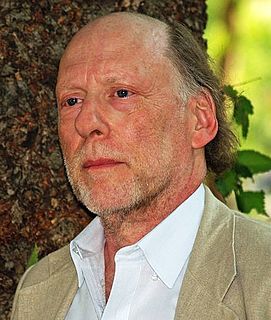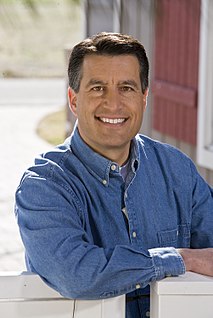A Quote by J. William Fulbright
The legislator is an indispensable guardian of our freedom. It is true that great executives have played a powerful role in the development of civilization, but such leaders appear sporadically, by chance. They do not always appear when they are most needed. The great executives have given inspiration and push to the advancement of human society, but it is the legislator who has given stability and continuity to that slow and painful progress.
Related Quotes
Executives run organizations. In business, we need executives who have clarity, people who are in touch with themselves. Then, in leadership and management positions, they can be good role models and leaders. The people I know who have really moved their organizations are scrupulous role models. They are so clear about honesty, integrity, openness, mutual self-respect, dignity for the individual, and creativity, that they don't deviate from these principles at all in their behavior.
As a great democratic society, we have a special responsibility to the arts. For art is the great democrat, calling forth creative genius from every sector of society, disregarding race or religion or wealth or color. What freedom alone can bring is the liberation of the human mind and a spirit which finds its greatest flowering in the free society. I see of little more importance to the future of our country and our civilization than the full recognition of the place of the artist.
The great age of the earth will appear greater to man when he understands the origin of living organisms and the reasons for the gradual development and improvement of their organization. This antiquity will appear even greater when he realizes the length of time and the particular conditions which were necessary to bring all the living species into existence. This is particularly true since man is the latest result and present climax of this development, the ultimate limit of which, if it is ever reached, cannot be known.
I have given up the ambition to be a great scholar. I want to be more- simply a human. . . . We are not true humans, but beings who live by a civilization inherited from the past, that keeps us hostage, that confines us. No freedom of movement. Nothing. Everything in us is killed by our calculations for our future, by our social position and cast. You see, I am not happy-yet I am happy. I suffer, but that is part of life. I live, I don't care about my existence, and that is the beginning of wisdom.
Now, the vicissitudes that afflict the individual have their source in society. It is this situation that has given currency to the phrase social forces. Personal relations have given way to impersonal ones. The Great Society has arrived and the task of our generation is to bring it under control. The study of how it is to be done is the function of politics.
It is our responsibility as scientists, knowing the great progress which comes from a satisfactory philosophy of ignorance, the great progress which is the fruit of freedom of thought, to proclaim the value of this freedom; to teach how doubt is not to be feared but welcomed and discussed; and to demand this freedom as our duty to all coming generations.


































